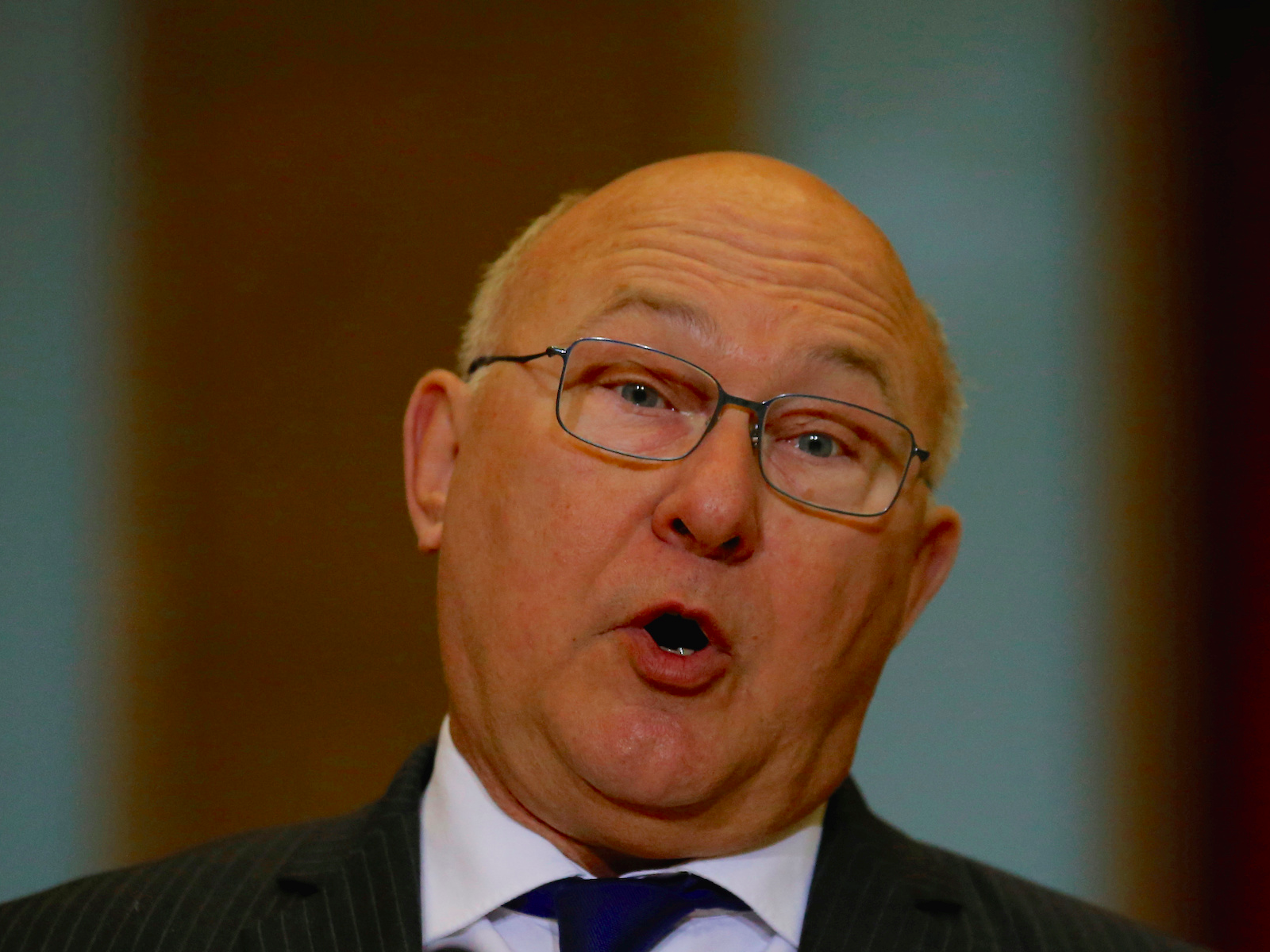London will lose the business of euro clearing – a €930 billion (£792 billion, $995 billion) daily business – after Brexit, says France’s finance minister Michel Sapin.
Sapin said in an interview with the Financial Times that it is not possible for the City to continue the lucrative clearing business after Britain leaves the European Union on March 29, 2019 because it would hurt the EU’s “sovereignty.”
“Everyone sees that . . . this goes to the heart of the resilience of our [financial market] arrangements and of our sovereignty over our money,” said Sapin to the FT.
“The strategic vision is that we must be masters, as Great Britain is the master when it comes to the rules that apply for the pound sterling, of the authorities that oversee the resilience of our arrangements. And we are going to have this sovereignty. “I understood that one of the most effective stimuli and motivations behind Brexit was that Great Britain should take back its sovereignty. If Great Britain accepts today that the rules in force in London should be of the same nature, level, with the same effects [as those in Europe] and with the same judges to settles questions about how to apply them, I would say why not. But this doesn’t seem to correspond to the prevailing mood [in the UK].”
You can read the FT’s full report here.
The acceptance of English law and widespread use of English language has made London a hub for clearing globally, and it handles more than 70% of the daily euro clearing business, equivalent to around €930 billion of trades per day, according to a House of Lords report from 2016.
Clearing houses such as LCH and ICE Clear Europe in London manage credit risk, acting as a middle-man in swaps and derivatives trades to guarantee the contract in the event that one of the parties involved in the trade goes bust.
European policymakers have argued that euro clearing should take place within the euro area. Britain has repeatedly had to defend its right to clear euro trades, given that it does not have the euro.
If Britain is stripped of its clearing rights, then around 100,000 positions could be lost, said the head of the London Stock Exchange, Xavier Rolet, six months ago.
But many prominent politicians within the EU have warned that it is likely that Britain will lose the right to euro clearing, especially in the event of a "hard Brexit" - Britain leaving the EU's Single Market in exchange for total control of immigration.
Last week a prominent ally of German Chancellor Angela Merkel, Manfred Weber, said that London should be stripped of euro clearing post-Brexit.

